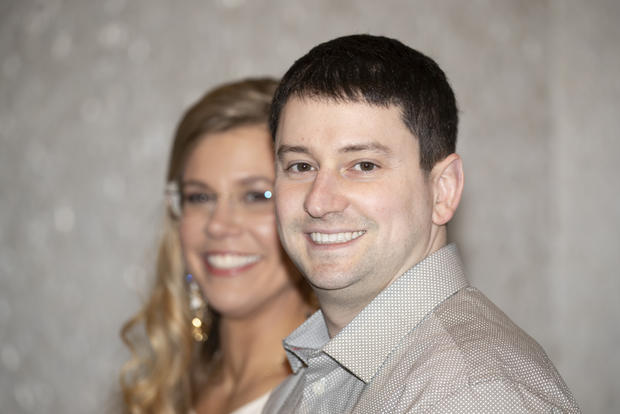CNN's Chief Legal Affairs Correspondent Paula Reid noted a couple of important outstanding questions the Supreme Court left open following its decision on Monday to allow President Donald Trump's administration to deport migrants to countries that are not their home country.
The court's decision stayed a decision from a lower court that required the Department of Homeland Security to provide written notice of its intent to deport migrants and give them time to dispute their final destination. Judge Brian Murphy of the U.S. District Court for the District of Massachusetts said last month that deporting migrants without due process unquestionably violated their Constitutional rights. The government has claimed the migrants are violent criminals and don't deserve to be in the country.
By staying the lower court's decision, the Supreme Court is allowing the Trump administration to continue deporting people to third countries like Sudan, even if they have no ties to that country. Reid said this opens up the possibility that up to 1 million people could face deportation because of the Supreme Court's ruling.
Want more breaking political news? Click for the latest headlines at Raw Story.
Reid flagged what she called the "biggest outstanding question" facing the Supreme Court — the power that lower courts have over domestic policy.
"This question comes about related to President Trump's efforts to limit birthright citizenship," Reid said, referring to a lawsuit the Trump administration filed seeking to stop lower courts from using nationwide injunctions to block his administration's policies.
Reid added that the Supreme Court could issue a decision in that case in as little as 10 days.
An analysis by CBS News of nationwide injunctions found that lawyers on both sides of the political aisle tend to seek out judges who already share their worldview before filing lawsuits seeking an injunction.
'Biggest outstanding' question facing Supreme Court flagged by CNN reporter
The court's decision stayed a decision from a lower court that required the Department of Homeland Security to provide written notice of its intent to deport migrants and give them time to dispute their final destination. Judge Brian Murphy of the U.S. District Court for the District of Massachusetts said last month that deporting migrants without due process unquestionably violated their Constitutional rights. The government has claimed the migrants are violent criminals and don't deserve to be in the country.
By staying the lower court's decision, the Supreme Court is allowing the Trump administration to continue deporting people to third countries like Sudan, even if they have no ties to that country. Reid said this opens up the possibility that up to 1 million people could face deportation because of the Supreme Court's ruling.
Want more breaking political news? Click for the latest headlines at Raw Story.
Reid flagged what she called the "biggest outstanding question" facing the Supreme Court — the power that lower courts have over domestic policy.
"This question comes about related to President Trump's efforts to limit birthright citizenship," Reid said, referring to a lawsuit the Trump administration filed seeking to stop lower courts from using nationwide injunctions to block his administration's policies.
Reid added that the Supreme Court could issue a decision in that case in as little as 10 days.
An analysis by CBS News of nationwide injunctions found that lawyers on both sides of the political aisle tend to seek out judges who already share their worldview before filing lawsuits seeking an injunction.
'Biggest outstanding' question facing Supreme Court flagged by CNN reporter


























